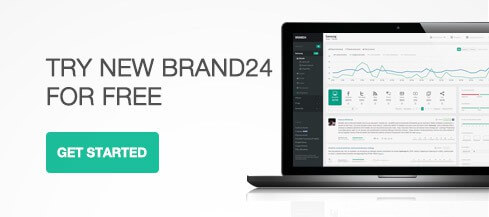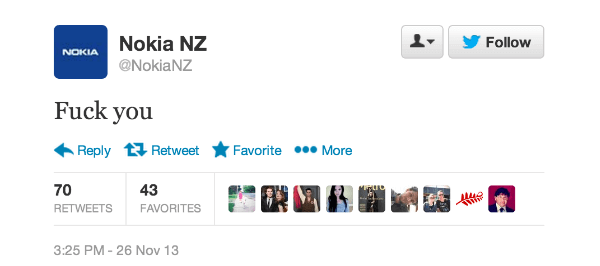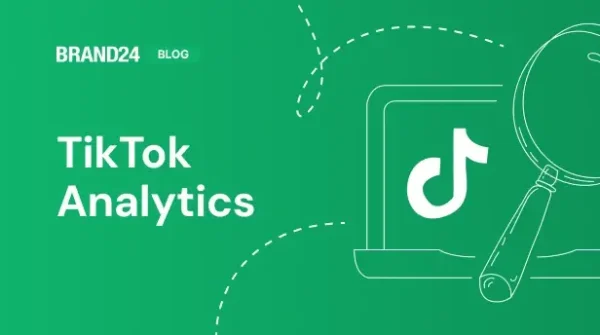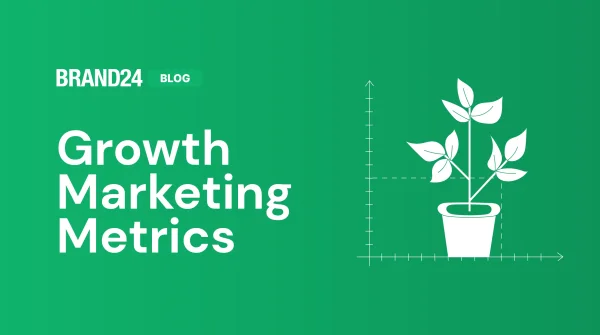The Importance of Web Security in Digital Marketing
A proper digital marketing campaign requires a considerable investment of your time and effort. To obtain success, you need to conduct market research, identify your audience, develop content, plan customer retention versus prospect conversion, and think about how it all fits into your sales funnel.
Developing a good strategy is crucial for success in digital marketing. However, you also need to think about web security. Neglecting this aspect can involve risks for both you and your customers.
Here are some common forms of cyber-attacks and ways you can keep your company and your customers safe.
Malware of All Sorts
When doing any tasks on your computer, a primary concern is keeping your information safe. When you’re handling company and customer data, you need to give security even greater thought.
The internet has made our lives simpler, more interesting, and most of us love it. However, it is also filled with potential perils. If a site is malicious, sometimes it’s enough just to open it to get infected, without clicking on anything.
Malvertising is another way hackers can get into your system. They install malware in ads that appear on trusted websites. If you click on them you could unknowingly download and install malware on your computer.
There are numerous types of malware that can endanger your system. Viruses can spread through your network corrupting data and system files. Spyware can be installed on your computer to record keystrokes, emails, passwords, and other data that can be sent back to hackers.
Ransomware can take control of your system and the cyber criminals demand money before they’ll release the hijacked resources back to you.
Emails can also contain harmful attachments or links. You don’t even have to click on the attachment, sometimes it’s enough just to open an email and get infected.
Hackers could install malicious software on your server as well. This means that they could also infect the computers of your customers who click on ads on your website or links in your newsletters. If this happens, your customers aren’t likely to come back.
All of this sounds scary – and it can be – but it is not that difficult to stay safe. It is important to know how our systems get infected and how to avoid risky situations.
The first line of defense is to get the best firewall and anti-malware software possible. At any price, it will likely save you from far more costly cyber-attacks. Update it regularly and be vigilant.
Don’t click on anything in emails from unknown senders and if your friends send you something unexpected, contact them before opening it.
Be careful when browsing the internet; don’t open sites that seem suspicious. Installing an antivirus browser plug-in or extension can help you decide whether to click or not.
WordPress Security
WordPress is the most popular content management system used today – so hackers know it well. This platform is a favorite target because more than 70 percent of WordPress sites are not optimized for security. If you use WordPress, it’s a good idea to get familiar with its security features and install updates as they become available.
The majority of hackers aren’t interested in stealing your data or deleting files, but taking over your email accounts. Unscrupulous spammers want to use your server to send spam email. Spamming is a common practice and most ISPs and software filters will block an IP address identified as a source of spam. By using your email servers hackers avoid this; but your own email campaigns can be severely limited if you start getting blacklisted.
Newer versions of WordPress and security plugins specifically address system fixes and new security threats. WordPress has a wide support community where you can find help on the right configurations and best plugins for your protection. Be sure your site is hosted by a company that focuses on customer security, including system isolation and daily file backups. Regular backups ensure you can replace any information that may be lost.
If your website is targeted by hackers, the best response is to stay calm, reset your passwords, and run a scan to detect any malware. You should also contact your web host if you need help with any issues.

Non-Human Traffic
More than a half of web traffic is non-human. This includes bots committing click fraud, scrapers that record links and other info from every page on a site, spam bots, and more. The automated nature of online advertising is a perfect hunting ground for these bots.
Impersonators are pieces of software that can capture and recreate user credentials. These can open the way to spy bots, DDoS (Distributed Denial of Service) agents, or fraudulent browsers. Advertising that gets little human attention may be crawled repeatedly by these impersonators, creating false traffic counts.
Botnet detection tools check the computer’s characteristics against a list of threats and monitor communications for behaviors that can be used by bots. Companies need extra protection because their networks can become sources of botnet-based attack. That is why you should also consider implementing a honeypot, a false infiltration opportunity. If it becomes infiltrated, you might be able to get botnet recognition signatures for it.
Another way to combat these threats is to share the information with parties who can track the originating IP addresses, or expose false domain lists. Websites can fight bots with CAPTCHA tests which ensure the user is human.
Personal and Payment Details
In order to pay for advertising, you’ll have to provide a method of payment. Unfortunately, there will be hackers looking to capture your account and password information. If you don’t take the recommended safety precautions, your computer could at one point end up being infected with keylogging spyware.
This type of spyware keeps track of your every keystroke. So, when you are logging into your email or payment accounts, hackers could easily log your username and password. This means they could quickly get ahold of all of your personal information which could even lead to identity theft. It is important to know how to prevent this by installing the necessary software and using two-factor authentication.
You also want to take all precautions that will provide your own customers a secure payment method, meaning your customers’ card and bank details can’t be stolen. If one of your clients suffers from fraud through your site, you could lose business from the blow to your brand reputation and the loss of client confidence. The customers need to trust your business with their information in order to come back. Choose PayPal, as one of the safest methods of payment online.
Make sure you implement Secure Sockets Layer (SSL) technology on your website. This will ensure that all data that is transmitted between your website and your customers is encrypted so that hackers can’t intercept sensitive information.
Social Media
Hackers are familiar with the major social sites. They aren’t always after account information; some just want to create chaos for you and your customers. They can make changes to your profile, including adding offensive photos or false statements, which will offend your followers. They may send spam or inappropriate emails from your account to your customers, create dangerous links, and more.
In order to prevent this, you should use strong passwords and change them regularly. Strong passwords have at least 12 characters: lower-case and capital letters, numbers and symbols. Don’t use dictionary phrases or obvious substitutions, like replacing the letter “O” for zero. Try using random phrases: mix up words that don’t usually go together, and create passphrases. Stop to think about the possible risks and consequences of anything you post on social sites. Avoid personal information, and never click on anything suspicious.
If you actively work in social media, you should be aware of brandjacking. It’s hacking the access to your social media account and posting content that can harm your brand image. Here’s the infamous case of Nokia New Zealand.

What may come useful here is a social media monitoring tool. It allows collecting in real time online mentions of predefined keywords, for example, a brand name.
Customers as Threats
You want to build good relationships with your customers, but there’s always a chance a customer might try to cheat you. Fraud can happen with many types of marketing campaigns. This is why you should have software that can detect fraudulent activity and inconsistent user information.
The first step in fraud prevention is its detection. The easiest way to identify if is through your website. Take a look at the customer’s phone number, zip code, and their reported residence. Do they match? If they don’t, you know something is wrong. In order to prevent this, your site should have an elaborate lead validation script.
You should also review login activity, such as the IP address traffic is coming from. Many leads coming from the same IP address could indicate fraud. You could also follow up on leads that seem suspicious, such as sending out “customer surveys” requesting additional information.
Finally, if a lead or retail sale fail the validation process and you tell them why, you just help them commit fraud. They will easily change the information that you found suspicious. Instead, just accept the lead, but don’t give sales credit for it. Block the IP address where the lead came from and don’t do business with them again.
Final Thoughts
In summary, hackers are always producing more sophisticated software to crawl the internet, steal information, or just wreak havoc. All the web platforms, payment systems, and social media sites you use should have all possible safeguards in place. Monitoring you site for intrusion or suspicious behavior is also a must. You should integrate security measures for your digital marketing campaigns just as you would with any online activity.
Author bio:
Lisa Michaels is a freelance writer, editor and a striving content marketing consultant from Portland. Being self-employed, she does her best to stay on top of the current trends in the business world. Feel free to connect with her on Twitter @LisaBMichaels.
Related articles
![10 Key Social Listening Metrics You Should Track [2025]](https://brand24.com/blog/app/uploads/2025/07/social_listening_metrics_digital_marketing_blog_cover_615x345-600x335.webp)


![4 Most Important Boeing Competitors in 2025 [Detailed Comparison]](https://brand24.com/blog/app/uploads/2025/04/boeing_competitors_digital_marketing_blog_cover_615x345-600x335.webp)
